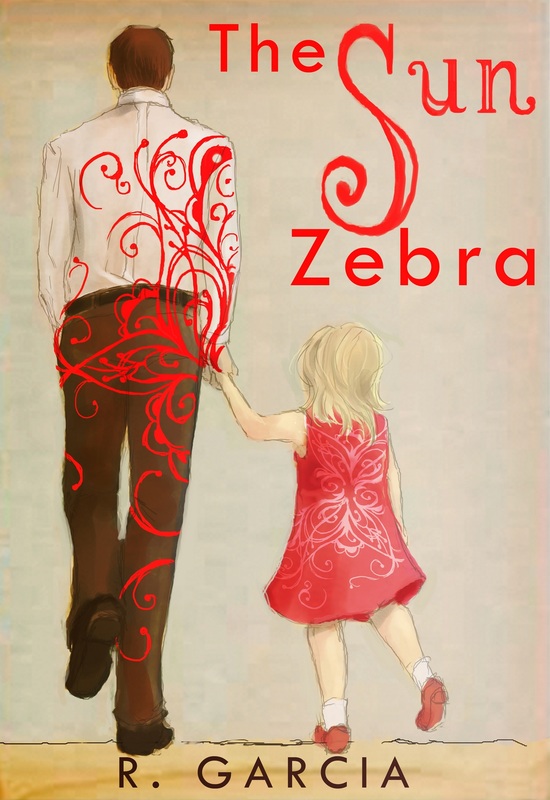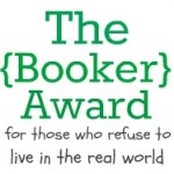This was my reply:
Hi Cynthia, thanks for stopping by my Scribd article (Self-Publishing and the Shot Heard Around the World) and leaving a comment. I replied to you there, but allow me also to do it here.
I agree that we should strive to be better writers and that a badly written book can be a hindrance to its enjoyment. However, I have two comments to make.
The first is that many people will settle for less than perfection. In fact most people are not so much interested in the English as they are interested in the story, and how it thrills them, inspires them, or relates to their situation, values, etc. This is the point that many purists of the language don't understand.
The second is that most authors do not have the money to pay for a professional editor or other services. Until recently the editors/publishers held every author to their high standards keeping some great stories from being told. With the e-book revolution the difference today is that editors and publishers are no longer the gatekeepers and authors can present their work directly to the readers.
Now if editors/publishers are smarter than their dinosaur distant relatives they will have the good sense to evolve and extend an olive branch to self-published authors. They should approach authors and say things like, "Hey, for a reasonable percentage of your sales, we can edit and format your books and make them better." Then they should also have the good sense to not charge for e-books the same amount they charge for paper books. Finally, inclusion of self-published authors in the best seller lists will be a plus too. When these things happen, there will be a dialogue and an understanding. On the meantime the clock is ticking...and traditional publishing is dying.
Phantomimic


 RSS Feed
RSS Feed



